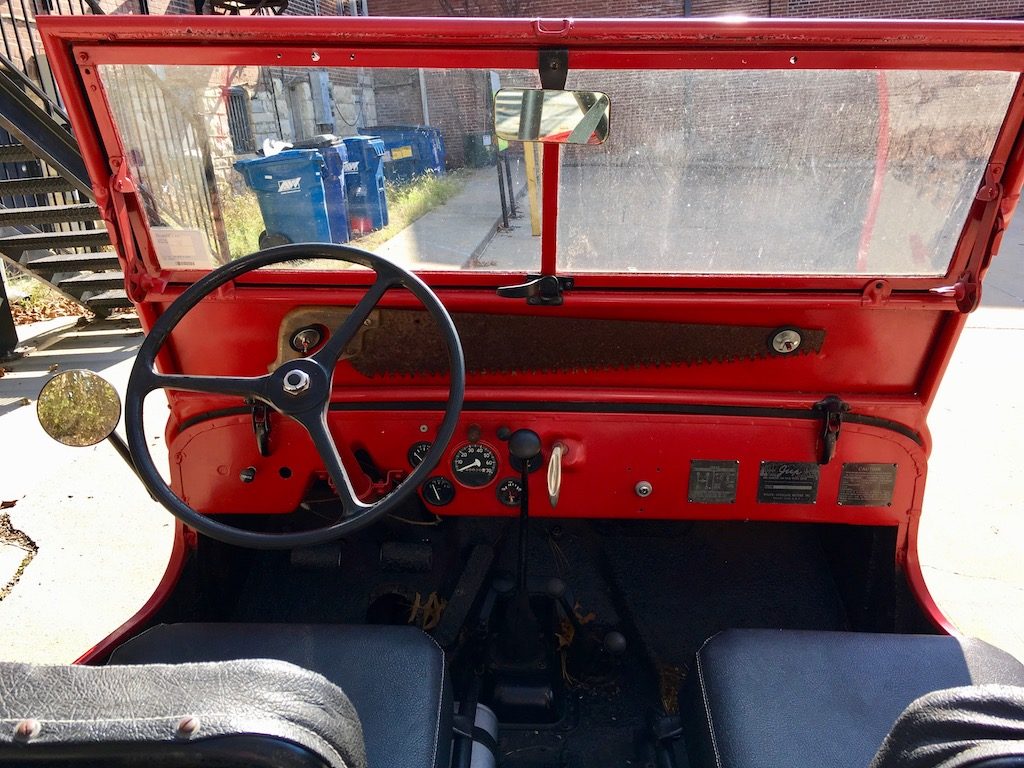Three Red Sweaters from Martha Gregory on Vimeo.
Do we need our memories when we can document virtually every aspect of our lives? A short (10 min) documentary about how our memories are changing now that we can document every moment of our lives.

Three Red Sweaters from Martha Gregory on Vimeo.
Do we need our memories when we can document virtually every aspect of our lives? A short (10 min) documentary about how our memories are changing now that we can document every moment of our lives.
Jay Parks drums for the sheer joy of it. Most afternoons he can be found sitting in his truck (waiting to pick up his wife when she gets off work) drumming along with tunes on local radio stations. He was kind enough to let me record a minute or two. I don’t think Under the Boardwalk by the Drifters would have been his first choice but he’s a trooper. As I drove away I could hear him keeping time to Ike and Tina’s Proud Mary.
I recorded this video back in 2012 and would have sworn I posted here but I can’t find it.
When I hear that term I tend to picture two extremes; Ted Kaczynski and Christopher McCandless on one end of the spectrum and well-funded hipsters who build forty thousand dollar cabins where they spend the weekend when it’s not too cold.
For the past week I’ve been watching a series of videos produced by a chap who goes by the pseudonym of Max Ironthumper. Max made a couple dozen videos showing how he restored an old Land Rover (11a). I’ve been addicted to Land Rover porn for the last six months and was immediately hooked by Max’s laid back style and can-do attitude. (Two attributes I admire and covet)
While poking around on Max’s YouTube channel I came across this video (above) in which he talks about how and why he lives off the grid. There’s nothing evangelical about Max’s reasons for how he lives, just an honest account of how he does it. I don’t know if Max lives alone. In one of the restoration videos he mentioned a partner and we get a few glimpses of his dog, his cat, and his chickens.
From a technical perspective, this video is especially effective. For 20 minutes Max speaks extemporaneously with only a few notes. That’s really hard to do but Max has the gift. He’s not afraid to let you see him pause, to think and reflect on something he said or is about to say. I’m making Max sound more philosophical than he probably is. And there’s plenty of technical stuff in this video for the DIY crowd.
I’d be willing to fly across an ocean for the chance to hang out with Max in his shop for a day (and ride in one of his Land Rovers).
PS: If you liked this video, I recommend Project Awesome.
Since retiring I occasionally fantasize about what I’d want to do if I were 20 years old and trying to decide on a career. What would I want to do with my life? The answer is, I believe, write for Bad Lip Reading videos. I can think of no higher calling.
James Fallows on the traits very intelligent people:
“They all know it. A lifetime of quietly comparing their ease in handling intellectual challenges—at the chess board, in the classroom, in the debating or writing arena—with the efforts of other people gave them the message.”
“Virtually none of them (need to) say it. There are a few prominent exceptions, of talented people who annoyingly go out of their way to announce that fact. Muhammad Ali is the charming extreme exception illustrating the rule: He said he was The Greatest, and was. Most greats don’t need to say so. It would be like Roger Federer introducing himself with, “You know, I’m quite graceful and gifted.” Or Meryl Streep asking, “Have you seen my awards?”
“They know what they don’t know. This to me is the most consistent marker of real intelligence. The more acute someone’s ability to perceive and assess, the more likely that person is to recognize his or her limits. These include the unevenness of any one person’s talents; the specific areas of weakness—social awkwardness, musical tin ear, being stronger with numbers than with words, or vice versa; and the incomparable vastness of what any individual person can never know. To read books seriously is to be staggered by the knowledge of how many more books will remain beyond your ken. It’s like looking up at the star-filled sky.”
Spotted this sweetie as I left the coffee shop this morning. The owner said it’s a 1946 Willys Jeep. The first non-military Jeep made after WWII.




One of the coffee shop regulars pulled up in this little beauty today. The interior is… snug.
The Chevrolet Tracker, formerly the Geo Tracker, is a mini SUV produced for Chevrolet and Geo by CAMI Automotive in Ingersoll, Ontario. Although appearing as a compact SUV, the Tracker was actually certified as a Light truck due to its off-road capabilities. The Tracker was produced under many brands in several different editions and in many countries.